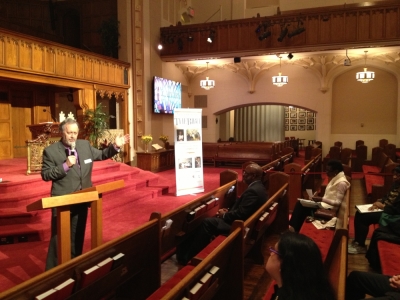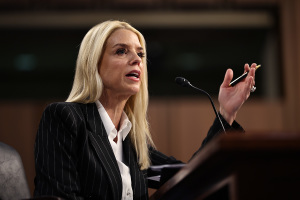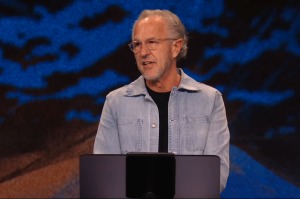Can the Bible Save Minority Students From NYC's Failing Public Education System?

NEW YORK – Slamming New York City's public education system as having the worst record in America in educating black and Hispanic Americans, president of the New York Divinity School, Paul de Vries, pitched a Bible-based cure for the crisis to a group of church leaders on Thursday.
Speaking at the "Educate: Empower" conference held at Calvary Baptist Church on Manhattan's West Side, de Vries outlined an alarming picture of New York's record on educating black and Hispanic students and called for churches to step up and be a part of the solution.
"We enslave, literally, huge portions of our urban folk with the education systems we allow to develop especially among Hispanic and black populations in our urban centers," said de Vries.
"And it's sad to tell you, New York is the worst place to grow up in a Hispanic community in terms of the schools you'll be forced to go to, it's New York. Of all places throughout the United States, of all 50 states, the worst place for African-Americans, guess what? This educational capital, this sophisticated culturally-based New York, runs education systems worse than a third world country by its own measure," he added.
He noted that a significant number of minority students were neither college nor career ready after standard schooling in the city and only six to seven percent of black and Hispanic males finished college by the time they are 30.
He then launched into his solution, the Literacy3 Project, an ambitious idea that seeks to improve literacy among New York City's underserved populations using the Bible as its main text. The program uses the Bible to develop language and life skills among children along with other reading resources.
"I presented the idea that the architecture of education is three-pillared. The home, the church and school and not to let school get in the way of education," said de Vries, who noted that he had pitched the idea at an earlier conference.
Critics he describes as education experts told him that the idea would not work because "the churches are dead and the homes are dysfunctional."
He explained that he acknowledged that there was some truth in the criticism but the story does not have to end there.
"We in the church still believe in the resurrection. We believe our homes can become functional again," he said.
"When you love Jesus and your best book is still the Bible, some folks listen politely then go on to something else. But we're here to do what is right by our children whether they are members of the churches or not," said de Vries.
"We've got to wake up, resurrect and be the church that cares about the training of the children throughout the neighborhood," he added.
When asked what he thought about the proposal, conference participant James Hills, an elder at Manhattan Community Church and seminary student, said he liked it.
"I agree that the bible should be the main text along with other texts because it gives a foundation not only of what is important but why it's important. That's why it's necessary to give the why of education," he told The Christian Post.
"To me, that's the missing part of education. The why. Why do we even do what we do? And that's because of God and what your life is about. You start early as a child and you develop it going through all the aspects of your life and your career," he said.
"If you heard Dr. de Vries, he talked about the three parts of education. Most of the times the three parts are not working together….If that can be integrated to give the full benefit where the home is the first point of learning and then the school works with the home and the church works with the home it can be successful," said Hills.





























